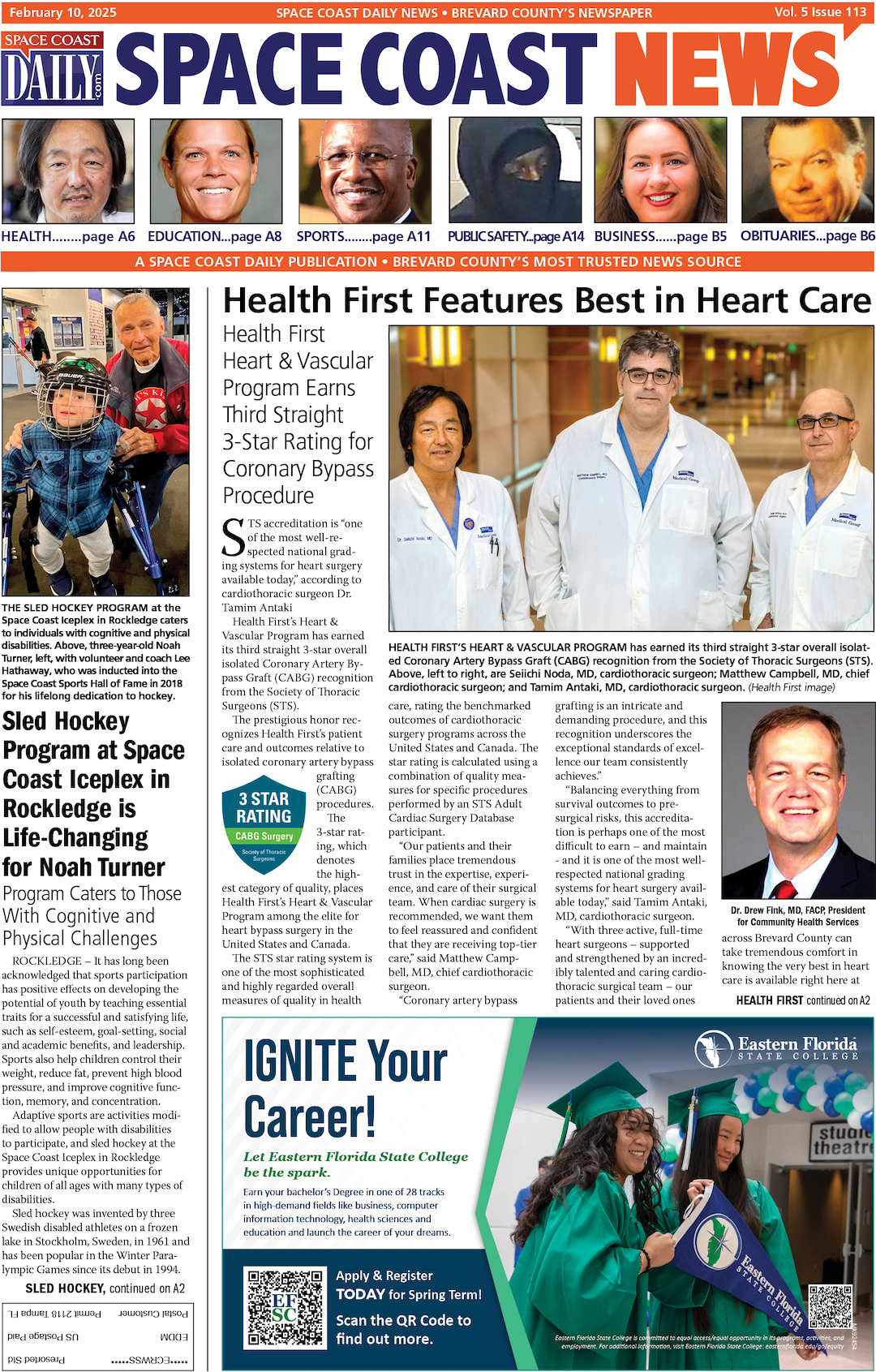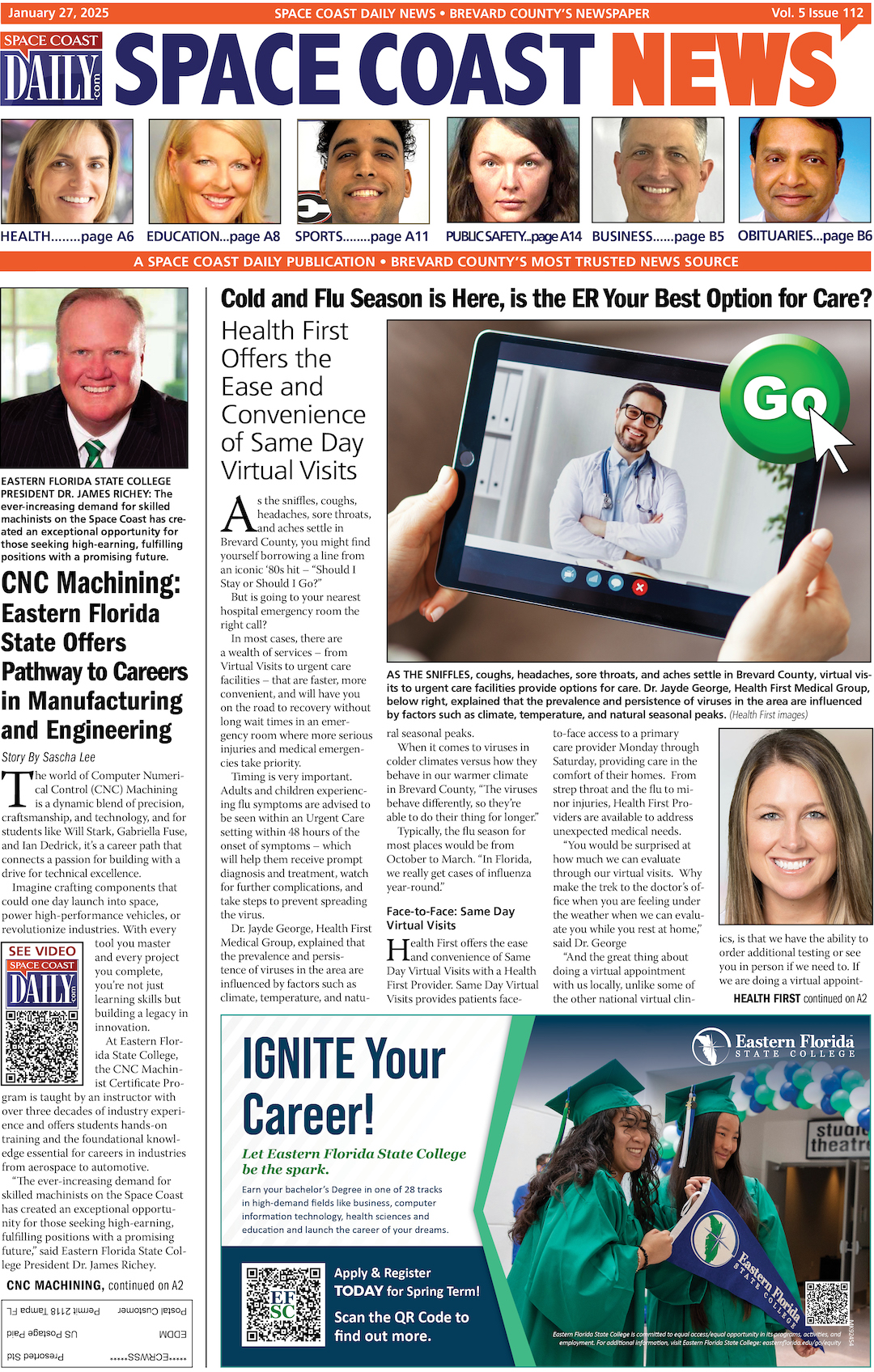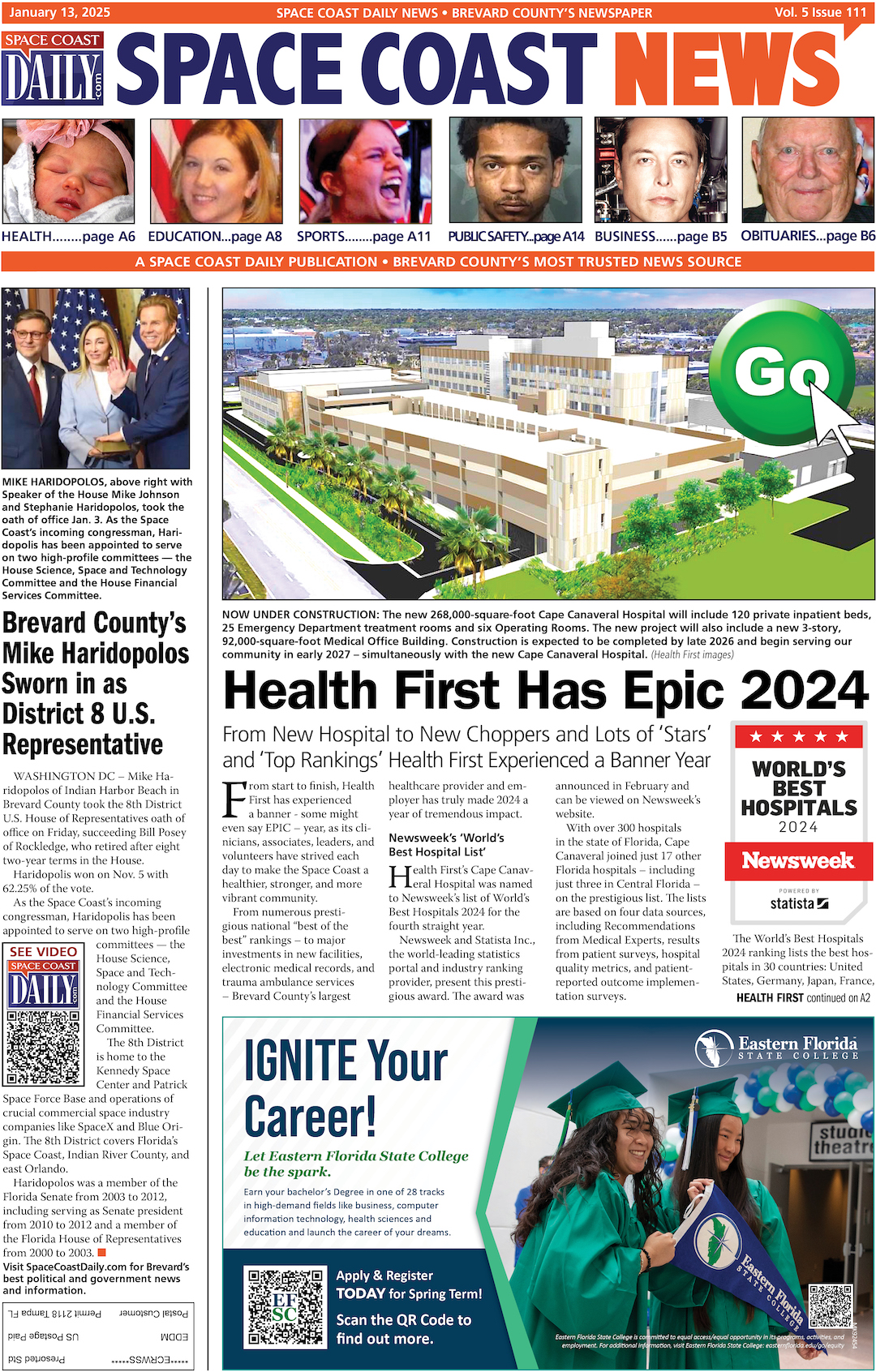Common Types of Medical Malpractice Cases in Boston
By Space Coast Daily // February 5, 2025

Medical malpractice occurs when healthcare professionals fail to meet the standard of care, harming patients. These mistakes can have life-altering consequences, including severe injuries, permanent disabilities, or even wrongful death.
Patients trust doctors, nurses, and hospitals to provide proper treatment, but negligence still happens. Understanding the most common types of malpractice helps victims recognize when legal action may be necessary.
Holding negligent medical providers accountable requires strong legal representation. Dolan Connly – personal injury lawyers assist victims in Boston by navigating complex malpractice claims. Identifying the type of negligence involved strengthens cases and ensures victims receive the compensation they deserve.
Misdiagnosis or Delayed Diagnosis
Receiving the wrong diagnosis can lead to serious complications. When doctors fail to identify an illness correctly, patients may undergo unnecessary treatments while their condition worsens. Delayed diagnosis is equally dangerous, as it often results in missed opportunities for early intervention.
Some of the most commonly misdiagnosed conditions include:
- Cancer (breast, lung, colon, and prostate)
- Heart attacks and strokes
- Infections, such as sepsis or meningitis
- Autoimmune diseases and neurological disorders
Mistakes occur due to inadequate testing, failure to recognize symptoms or misinterpretation of medical records. Patients who experience harm due to diagnostic errors may have grounds for a malpractice claim.
Surgical Errors
Mistakes in the operating room can have catastrophic results. Surgeons and medical staff are expected to follow strict protocols, but negligence still occurs. Common surgical malpractice cases include:
- Performing surgery on the wrong body part
- Leaving surgical instruments inside a patient
- Administering too much or too little anesthesia
- Operating on the wrong patient due to clerical errors
Surgical errors often require corrective procedures, leading to additional pain, longer recovery times, and increased medical expenses.
Medication Errors
Prescription mistakes can cause severe health complications. Patients rely on doctors and pharmacists to prescribe and dispense the correct medication at the appropriate dosage. Errors include:
- Prescribing the wrong drug for a condition
- Failing to consider dangerous drug interactions
- Dispensing the incorrect medicines at a pharmacy
- Administering the wrong dosage in a hospital setting
These mistakes can lead to allergic reactions, overdoses, or ineffective treatment. Preventable medication errors often result from poor communication between healthcare providers or misreading a patient’s medical history.
Birth Injuries
Negligence during labor and delivery can cause severe injuries to both newborns and mothers. Some of the most common birth-related malpractice cases involve:
- Failure to monitor fetal distress
- Improper use of forceps or vacuum extractors
- Delayed C-sections leading to oxygen deprivation
- Medication errors affecting the baby’s health
Conditions such as cerebral palsy, nerve damage, or brain injuries may result from mistakes made during childbirth. Families dealing with birth injuries often face lifelong medical challenges and financial burdens.
Anesthesia Errors
Administering anesthesia requires careful calculation. Even minor miscalculations can result in severe complications. Some common anesthesia-related errors include:
- Failing to review a patient’s medical history for allergies or risk factors
- Administering too much anesthesia leads to oxygen deprivation
- Giving too little anesthesia, resulting in the patient waking up during surgery
- Failing to monitor a patient’s vital signs properly
Anesthesia mistakes can cause long-term damage, including brain injuries, heart complications, and, in extreme cases, fatal reactions. Holding negligent anesthesiologists accountable ensures safer medical practices.
Hospital Negligence
Medical malpractice isn’t limited to individual doctors. Hospitals, urgent care centers, and other healthcare facilities may be held responsible for systemic failures. Typical forms of hospital negligence include:
- Understaffing, leading to inadequate patient care
- Failure to maintain sterile environments, causing infections
- Neglecting to train or supervise medical staff properly
- Delayed emergency room treatment for critical conditions
When hospitals fail to provide a safe environment, patients suffer unnecessary harm. Legal claims against institutions can help enforce better policies and prevent similar mistakes from affecting others.
Defective Medical Devices
Faulty medical equipment can cause serious injuries. Devices used for treatment, monitoring, or surgery should function properly and meet safety standards. Everyday defective products include:
- Faulty pacemakers lead to heart complications
- Improperly designed joint implants cause pain or mobility issues
- Malfunctioning insulin pumps affect blood sugar control
- Contaminated surgical implants lead to infections
Medical device manufacturers may be liable if their products cause harm due to design flaws or manufacturing defects. Patients injured by faulty devices should seek legal advice to determine their options.
Protecting Patients’ Rights in Medical Malpractice Cases
Understanding different types of malpractice helps victims recognize when they have a legal case. Negligence in medical settings can result in long-term suffering, costly treatments, and emotional distress. Those affected should seek immediate legal guidance to explore their rights and options.
Medical malpractice claims in Boston require strong evidence, expert testimony, and experienced representation. Pursuing legal action not only helps victims recover damages but also holds healthcare providers accountable for their mistakes. Taking the right steps ensures justice and improves safety for future patients.












